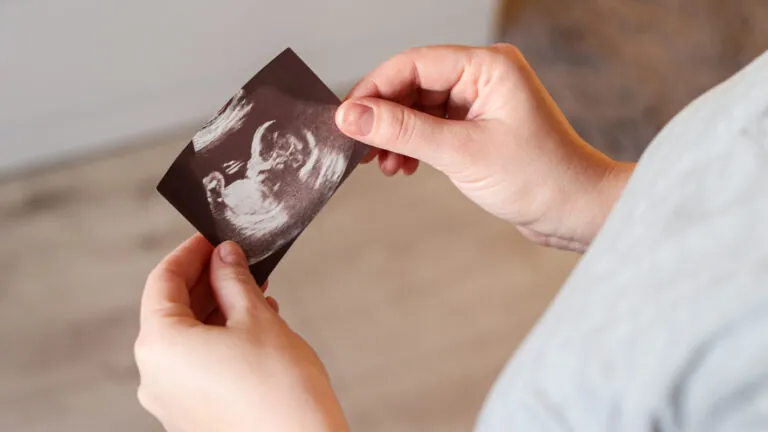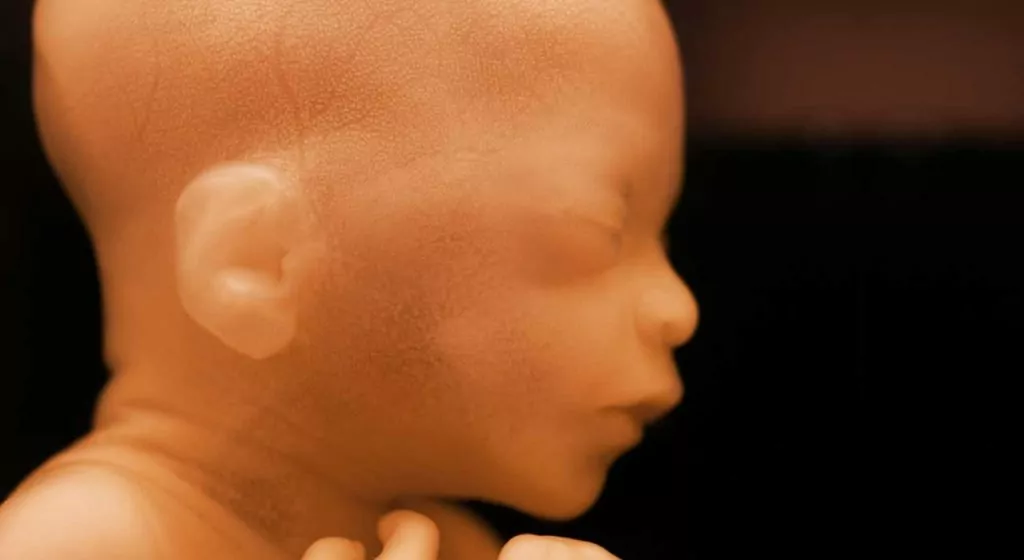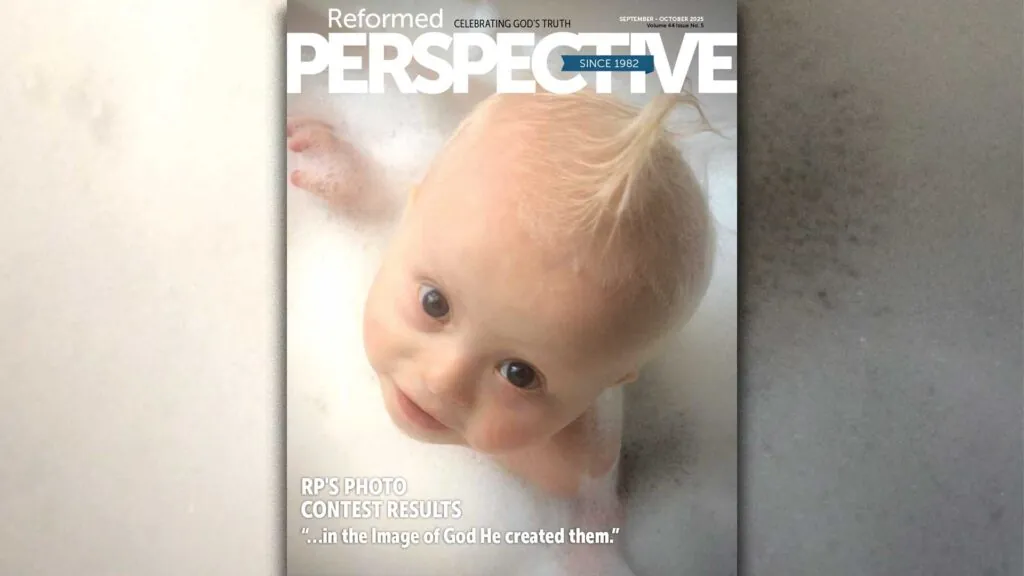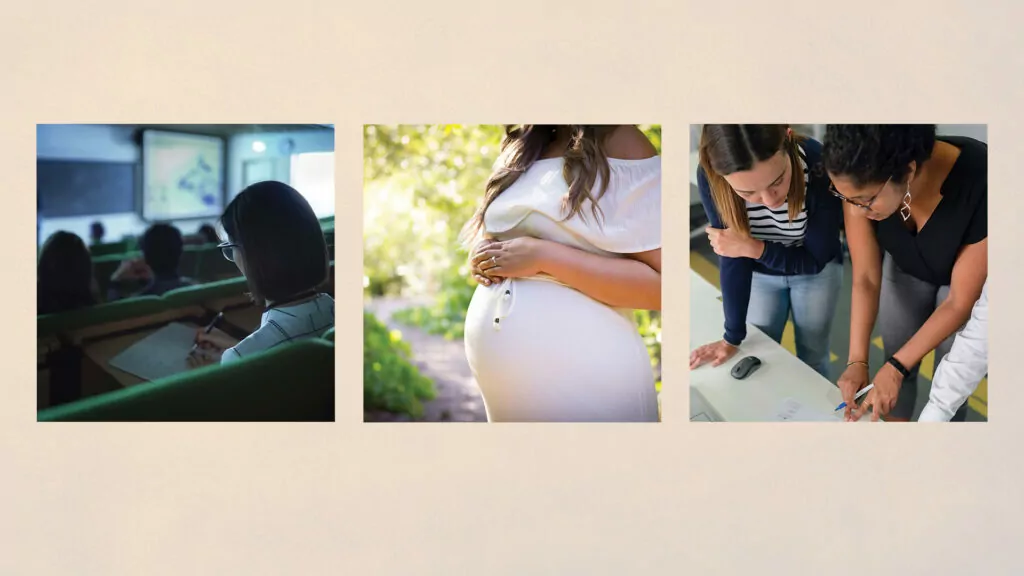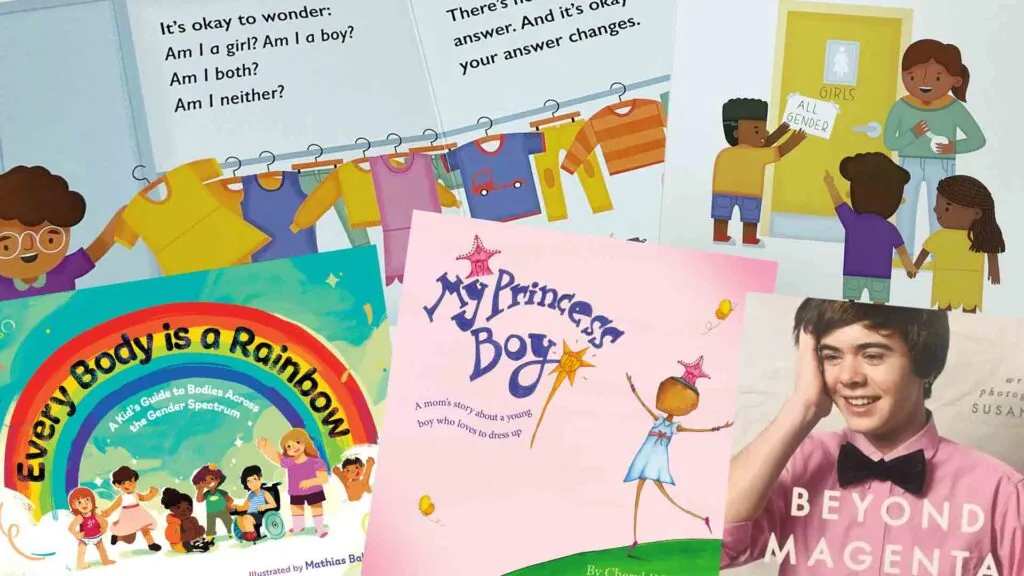Why do the unborn deserve the same protection under the law as those who are born?
It comes down to two questions:
- Where does human beings’ worth come from?
- On what basis are we all equal?
Christians have an answer to both these questions, while the world struggles with both. A secular response to where our worth comes from usually focuses on our abilities and what we can or can’t do. So, the unborn fetus is said to be less valuable and less deserving of protection than you or me because:
- they can’t breathe yet
- they don’t have brainwaves yet
- they aren’t self-aware yet
- they can’t survive on their own
Whatever the reason given, it amounts to an abilities test – the unborn are said to be worth less, because they can do less.
But is it our abilities that give us our worth?
Should bigger, faster, smarter people get more rights than the rest of us?
If our value does come from what we can do, then that presents a problem for equality, since we all have very different abilities. Shaquille O’Neal is bigger than most, and maybe you’re faster than me, and that fellow over there might be smarter than both of us. So, then, in what sense are any of us equal? It’s quite the conundrum for the abortion supporter. Any ability-based answers he gives to the first question will run him into problems with the second.
After all, we all understand that we don’t treat very different things as equal – a Rembrandt is housed in a museum under guard, while a child’s fingerpainting will only rate the fridge door, even though both are art. So unless men and women are actually equal in some sense, then we shouldn’t treat them as equal. That’s a thought no one wants to think, but on what other basis than abilities does our worth come from?
God answers what the unbeliever can’t
The fact is, the unbeliever can’t explain where equality comes from, but a Christian can.
What makes us all valuable, and equally so, is the only thing we all equally share: that we are made in the very Image of God. That’s what it says in the very first book of the Bible, in Genesis 1:27, where we read:
So God created mankind in His own image,
in the image of God He created them;
male and female He created them.
Being made in the Image of God isn’t something we grow into, or get more of, and it isn’t even something we can cast off (Gen. 9:6). We have it, not on the basis of anything we can do, might do, or should do, but on the basis of Who made us, and how He values us. This is not only an explanation for why a woman, who is typically smaller and weaker than a man, is still his equal, but why the very small and very weak unborn child is equal to any and all.
An unbeliever might not like this very Christian answer, but on what basis can you provide any other? You know we’re all equal, even without a reason to believe it. Christians understand that too – God tells us that He has written His law on our hearts (Romans 2:14-15), even unbelievers, such that they know right from wrong, at least to some extent, even without opening a Bible. So yes, we are equal – we all know it. But only Christians can explain why. And that explanation includes the unborn too.
Should we do an abilities test on you?
If you don’t agree, what answer can you give to our first two questions? Where does human worth come from, and on what basis are we all equal? And what answer can you give that disqualifies the unborn from being deserving of life and protection, that doesn’t risk disqualifying you from the same, if someone larger, faster, stronger, and smarter, wants to apply an abilities test to you?
Wonderfully made
In Psalm 139, the psalmist says of God:
For You formed my inward parts;
you knitted me together in my mother’s womb.
I praise you, for I am fearfully and wonderfully made.
When we understand how amazing a work of wonder each of us is, formed by the Master Craftsman, then we can look at a child developing throughout 9 months of pregnancy and just be in awe a it grows in size and strength and abilities:
- The unborn’s heart is beating at three weeks
- Brainwaves can be detected at 40 days
- They may be able to survive outside the womb at 20 weeks
- They can recognize their mother’s voice at 7 months
You are fearfully and wonderfully made and the same is every bit as true for the unborn too. Both of you have been formed by the very same God who made the universe, and it’s because of the value He has placed on you both, that He declares you worthy of the same protection (Ex. 20:13).








